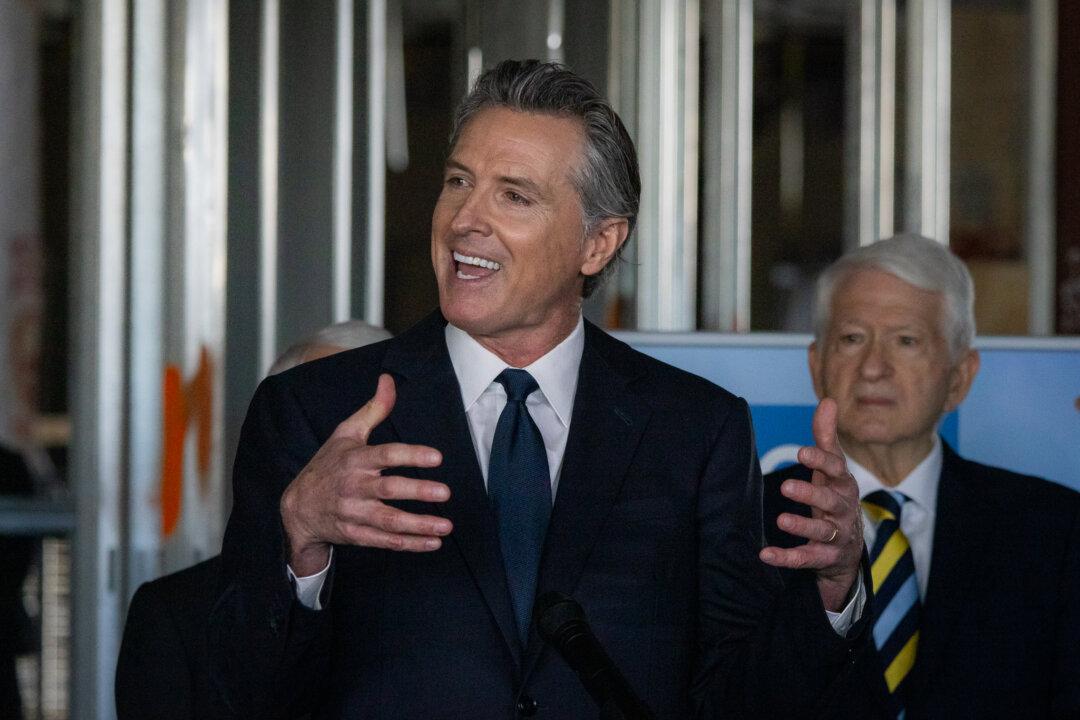Following reports by KCRA of non-disclosure agreements—also known as NDAs—and backroom discussions involving exemptions added to a new California law regulating the fast-food industry, some lawmakers are calling for an investigation of records related to the issue.
Republican caucus leaders from the Senate and Assembly sent a letter to Gov. Gavin Newsom March 7 requesting access to public records involving communications between the governor’s office and stakeholders interested in the bill.





